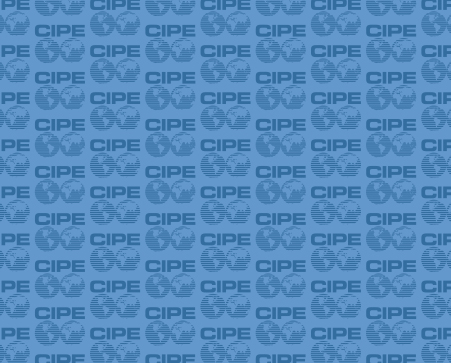
Out of the three billion internet users today around the world, most live in countries where the internet is not free. According to Freedom House’s latest report, Freedom on the Net 2015, which examined internet freedom in 65 countries, global internet freedom has declined for the fifth year in a row. The freest country is Iceland, and the least free is China. The report was compiled by analyzing laws and practices relevant to the internet, testing the accessibility of select websites, and interviewing various sources.
Overall, governments around the world censored information of public interest, while expanding surveillance and limiting privacy tools. Some key figures include:
- 61 percent of internet users live in countries where criticism of the government, military, or ruling family has been subject to censorship.
- 58 percent live in places where bloggers and ICT users were jailed for sharing content on political, social, and religious issues.
- 47 percent live in countries where corruption allegations against top government or business leaders can be repressed or punished.
- 38 percent of internet users live in countries where social media or messaging apps were blocked in the past year.
Moreover, governments around the world limited the freedom of internet using the following methods:
- Content removal – more governments are pressuring companies and individuals to remove content (as opposed to blocking or filtering) because the growing use of circumvention tools and encryption has made blocking/filtering less effective.
- Surveillance laws and technologies – governments in 14 of the 65 countries passed new laws in 2014 to increase surveillance, and more governments are employing surveillance and monitoring technology tools to track prominent lawyers, activists, and politicians.
- Encryption and anonymity – governments around the world have moved to ban encryption and undermine anonymity for all internet users, reducing the privacy and security of Internet activity.
- Arrests and intimidation of users – penalties and reprisal for online expression have escalated in the past year, especially for youth who often use social media more than older generations, and more governments are using prison sentences, violence, and harassment to quiet down internet users who opposed government agendas.
The report also found interesting points when internet freedom metrics were compared to press freedom and GDP of the countries:
- Overall, in most countries the digital media environment is still more free than its traditional media sphere.
- Wealth usually translates to greater internet access, but they are not decisive indicator of free expression, privacy, nor access to information – Gulf countries lead a cluster of wealthy rentier economies investing in tools to restrict online freedom.
The findings from the report are alarming. As the number of internet users increases around the world, especially in developing countries, access to information and transparency will be critical for countries to grow their economies and achieve prosperity. And digital communication and activism will only become the norm as the number of internet and social media tool users increase around the world. It will be interesting to see where the state of internet freedom will be in the following years.
Maiko Nakagaki is a Program Officer for Global Programs at CIPE.
Published Date: November 09, 2015